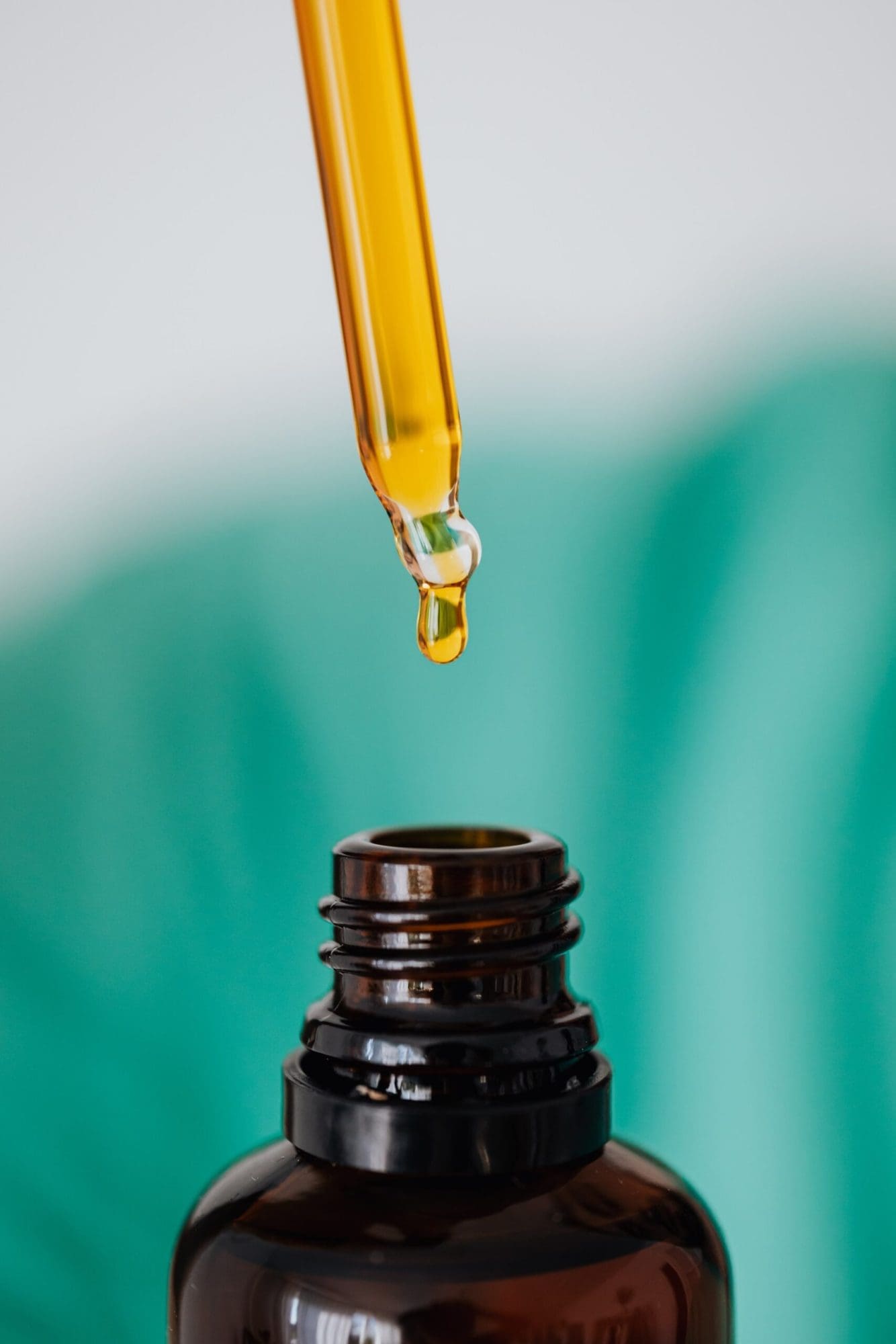What is Multiple Sclerosis?
Multiple sclerosis (MS) is a long-term health condition affecting the brain and spinal cord. In MS, the protective layer (known as the myelin sheath) that covers our nerves gets inflamed and damaged. This damage disrupts the normal communication between our brain and the rest of the body. Over 4,000 New Zealanders live with MS, a condition that can impact movement, sensation, balance, bodily functions, and cognition.
Who is Affected and What Causes MS?
MS is typically diagnosed between the ages of 20 and 50, with women being three times more likely to be affected than men. The exact cause of MS is still unknown, but it involves a combination of genetic and environmental factors. MS is considered an autoimmune condition, where the body’s immune system mistakenly attacks its own cells.
Understanding MS Symptoms
Symptoms of MS vary and relate to the affected nerve areas. Common symptoms include muscle spasm and stiffness, pain, visual disturbances, fatigue, numbness, weakness in limbs, balance problems, tremor, dizziness, bladder and bowel issues, and cognitive difficulties.
Multiple Sclerosis Treatment with Medicinal Cannabis
Medicinal Cannabis and MS in New Zealand
Medicinal cannabis was approved in New Zealand in 2010 for treating certain MS symptoms, particularly muscle pain and stiffness. It involves a combination of CBD and THC, and its effectiveness varies among individuals. A slow and low approach is recommended to find the lowest effective dose and minimise side effects. While some people experience significant improvements, others may see moderate or minimal changes.
Other Symptoms Addressed by Medicinal Cannabis
Evidence suggests medicinal cannabis may also help with MS-related pain, sleep issues, and anxiety. It’s often used alongside other treatments and may reduce the need for certain pain relievers or sedatives.
Important Considerations
It’s crucial to remember that medicinal cannabis does not impact the underlying MS disease process. Its role is to manage symptoms and improve quality of life. Treatment should be supervised by a practitioner experienced in prescribing medicinal cannabis, and it’s often safe to use with conventional MS medications, with some exceptions.
Conclusion
At CannaPlus+, we are committed to providing up-to-date, evidence-based information about MS and medicinal cannabis treatment. We encourage patients to discuss their treatment options with their healthcare providers, ensuring a safe and effective approach to managing their condition.
FAQs
Q1: What is Multiple Sclerosis (MS)?
A: Multiple sclerosis is a long-term condition that affects the brain and spinal cord. It occurs when the immune system mistakenly attacks the protective covering of nerves, leading to a range of symptoms.
Q2: What are the common symptoms of MS?
A: MS symptoms vary but can include:
-
- Muscle spasm and stiffness
- Pain
- Visual disturbance
- Fatigue
- Loss of sensation/numbness/tingling
- Weakness in arms/legs
- Walking difficulty/balance problems
- Tremor
- Dizziness
- Bladder and bowel concerns
- Anxiety/depression
- Difficulty with thinking
Q3: How is MS diagnosed?
A: MS is diagnosed by a neurologist through a combination of medical history, physical exams, and tests like MRI scans, which help to look at the brain and spinal cord.
Q4: Can medicinal cannabis help with MS?
A: Yes, medicinal cannabis, particularly combinations of CBD and THC, has been found to be helpful in managing symptoms like muscle stiffness and pain associated with MS.
Q5: Is medicinal cannabis safe for everyone with MS?
A: While it can be beneficial, medicinal cannabis may not be suitable for everyone. It’s important to consult with a healthcare professional experienced in prescribing medicinal cannabis to ensure safety and effectiveness.
Q6: How is medicinal cannabis used in MS treatment?
A: Medicinal cannabis is often used as part of a broader treatment plan. It’s usually started at a low dose and gradually increased to find the most effective dose with minimal side effects.
Q7: Does medicinal cannabis cure MS?
A: No, medicinal cannabis does not cure MS. It is used to help manage symptoms and improve the quality of life for people living with MS.
Q8: Can I use medicinal cannabis with other MS medications?
A: In many cases, yes. However, it’s crucial to discuss this with your healthcare provider to ensure there are no harmful interactions with other medications.
Q9: Where can I get more information about using medicinal cannabis for MS?
A: For more information, consult a healthcare professional experienced in medicinal cannabis or visit reliable health websites. At CannaPlus+, we also provide detailed information and support for those considering medicinal cannabis for MS.
References
- BPACNZ. An overview of medicinal cannabis for health practitioners [Internet]. Wellington, NZ: bpacnz; 2022 February
- Ministry of Health | Manatū Hauora. Medicinal cannabis products that meet the minimum quality standard [Internet]. Wellington, NZ: Ministry of Health; 2023NZ study on recreation cannabis
- Barriers and facilitators to prescribing medicinal cannabis in New Zealand Withanarachchie V et al. Journal of Primary Health Care 2023; 15(2): 135–146.
- Cochrane Multiple Sclerosis and Rare Diseases of the CNS Group, meta-analysis May 2022, Filippini et al
- Assessment of Efficacy and Tolerability of Medicinal Cannabinoids in Patients with Multiple Sclerosis A Systematic Review and Meta-analysis. Torres-Moreno et al. JAMA Netw Open. 2018 Oct; 1(6): e183485
- Cannabinoids and bladder symptoms in multiple sclerosis. Multiple Sclerosis and Related Shunaha Kim-Fine, Jamie Greenfield, Kathleen H Chaput, Magali Robert, Luanne M Metz. Disorders. 2021, Vol 54.
- Multiple Sclerosis and Use of Medical Cannabis: A Retrospective Review of a Neurology Outpatient Population Rainka et al. Int J MS Care. 2023;25(3):111-117
- The Efficacy of Cannabis on Multiple Sclerosis-Related Symptoms Haddad et al. Life 2022, 12, 682
- Medicinal Cannabis – The Green Fairy Phenomenon. Onyekachi et al. Aust. J. Chem. 2021, 74, 480–494
- Marijuana Use by Patients with Multiple Sclerosis Gupta et al. Int J MS Care. 2019; 21:57-62
- Yadav V, Bever C Jr, Bowen J, et al. Summary of evidence-based guideline: complementary and alternative medicine in multiple sclerosis: report of the guideline development subcommittee of the American Academy of Neurology. Neurology. 2014; 82:1083-1092
- Zajicek JP, et al. Cannabinoids for treatment of spasticity and other symptoms related to multiple sclerosis (CAMS study): multicentre randomised placebo-controlled trial. Lancet. 2003 Nov 8;362(9395):1517-26
- Clinical practice guidelines for cannabis and cannabinoid based medicines in the management of chronic pain and cooccurring conditions, Cannabis and Cannabinoid Research (Canada) X:X, 1–19, DOI: 10.1089/can.2021.0156. AD Bell et al
- Effect of dronabinol on progression in progressive multiple sclerosis (CUPID): a randomised, placebo-controlled trial. Zajicek J, Ball S, Wright D, Vickery J, Nunn A, Miller D, et al. Lancet Neurol (2013) 12:857–65
- Cannabis-based product use in a multiple sclerosis cohort. AJ Schabas et al. Multiple Sclerosis Journal— Experimental, Translational and Clinical July–September 2019, 1–7








